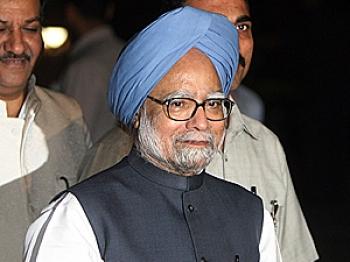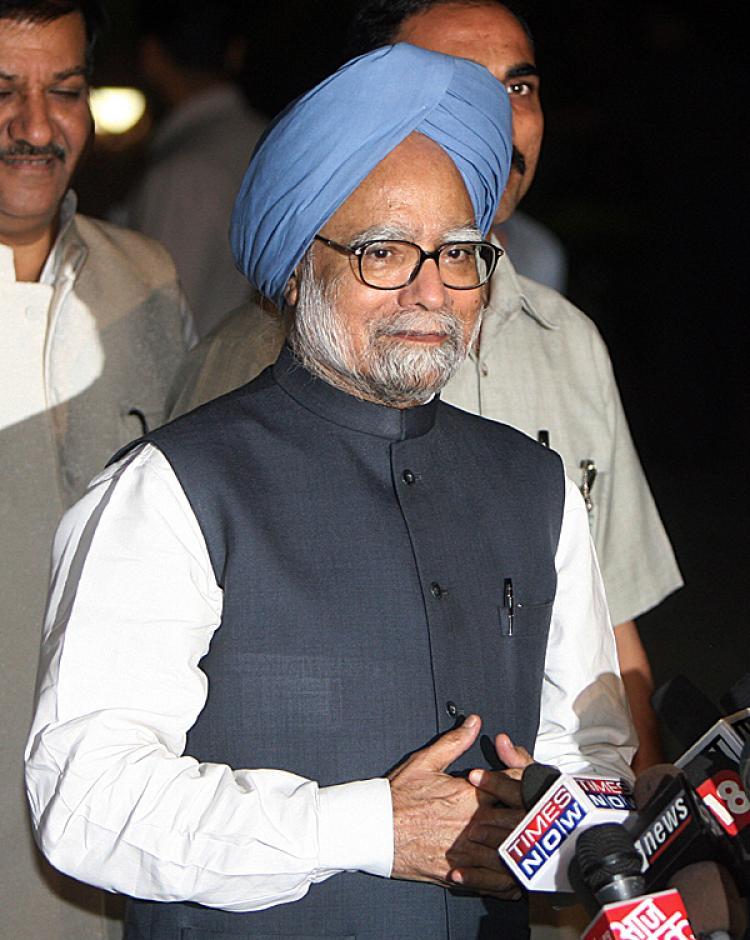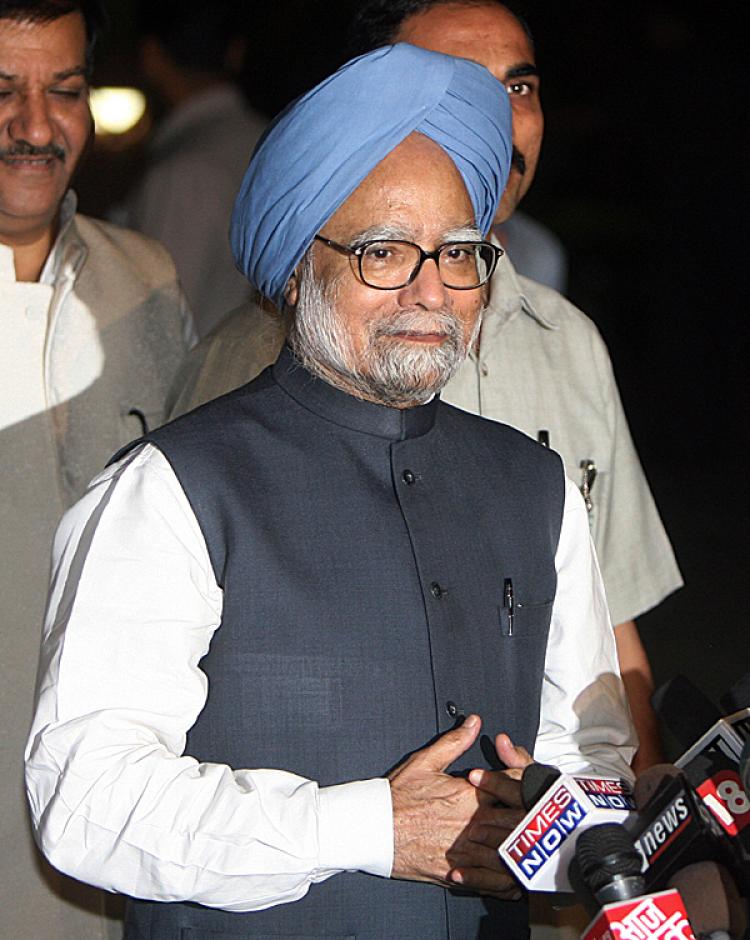As results were announced in the Lok Sabha by Speaker Somnath Chatterjee, Prime Minister Manmohan Singh allowed himself to smile and loudly thump the desk - a routine common in Indian parmlimentary discussions to show support. Congress members, including expectant Prime Minister candidate Rahul Gandhi, jumped, hugged and cheered as the results were counted. The opposition Bharatiya Janata Party (BJP) and Left party leaders appeared crestfallen as results were announced.
India seemed to be on the verge of mid-term elections after the Communist Party of India (Marxist), one of the larger members of the coaltion, announced its withdrawal of support in early July. The no-confidence vote was the culmination of vicious and pointed attacks by the Left parties aimed at the Congress-led coalition, the most pointed of which was the attack on the nuclear deal with the United States.
The nuclear deal, which would give India access to U.S. civilian nuclear technology, was finalized in July 2005 by Indian Prime Minister Manmohan Singh and U.S. president George Bush. The Congress Party, along with the rest of its allies and opposition parties, has insisted on going ahead with the nuclear deal because it needs alternative energy sources to support its burgeoning growth. Polls taken by major media showed a majority of the Indian public in favor of the nuclear deal.
Communist Parties have used the nuclear deal as an excuse to attack the ruling coaltion, calling the deal a “sell out”. Hundreds of the Communist Party of India leaders are believed to have strong pro-Chinese stances.
The Congress-led coaltion survivdeed thanks to support from Samajwadi Party and its firebrand leader, Mulayam Singh Yadav. Yadav’s party, with 34 MPs, tipped the scales in favor of the Congress to survive the no-confidence motion. The tie-up between the Samajwadi Party and the Congress-led alliance appeared to have been stitched together at the last minute to avoid mid-term elections and allow the ruling party to continue to work
The vote seems to have made a positive impact - the Indian stock market hit a one-month as they looked forward to the now-stable UPA coalition to work on more serious issues facing India, such as runaway inflation.





